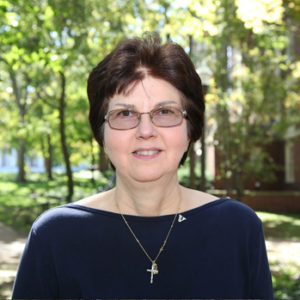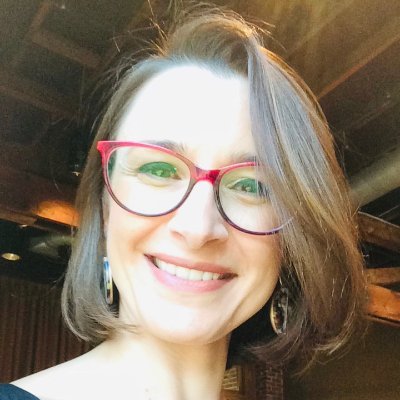In memoriam: Brenda Crews
Brenda Ann Campbell Crews, a senior research specialist at Vanderbilt University, died Jan. 18 at age 72. Crews contributed to several research programs at Vanderbilt, publishing more than 100 papers during her half-century career.

Crews was born Dec. 22, 1949, in Nashville, Tennessee. She played basketball and graduated from high school as valedictorian. She fed her passion for science by pursuing a degree in biology at Vanderbilt.
After graduating cum laude in 1971, Crews accepted a position in the laboratory of Stanley Cohen at Vanderbilt’s biochemistry department, marking the beginning of a 51-year career in biomedical research. (Cohen won, with Rita Levi–Montalcini, the 1986 Nobel Prize in physiology or medicine for the discovery of growth factors.)
Crews also supported the laboratories of Leon Cunningham and Peter Gettins, contributing to research on alpha 2-macroglobulin and antithrombin III.
In 1994, she began working with Lawrence Marnett on the role of cyclooxygenase 2 enzyme in cancers affecting the digestive tract. In a recent tribute to Crews, Marnett recalled her as a “superb scientist" who was "constantly reading the literature” and a “great experimentalist who planned carefully and conducted meticulously.”
Crews’ more than 100 papers reflect her vast repertoire of skills and knowledge. Sixty-four of those papers were from Marnett’s lab. “Brenda was fearless experimentally. She did protein purification, enzyme assays, cell imaging, signal transduction, in vivo pharmacology and much more. She managed our lab; she drafted all our animal protocols,” Marnett wrote.
In 2004, Crews was the first recipient of the Laboratory Science Award for Excellence in Basic Research at Vanderbilt.
Crews was instrumental not only to advancing scientific discoveries but also to creating a work environment infused with optimism, camaraderie and respect. Marnett described her as a caring and loving person with a strong moral compass, always available to provide personal and professional guidance and support to everyone in the lab and especially to international trainees.
Crews also made the laboratory a fun place to be and work.
During a student colloquium in 2016, Marlene Jayne, secretary to the biochemistry department for 40 years, recalled how much Crews enjoyed tricking Cohen on April Fools’ Day. Crews once managed to pull off an elaborate prank on Cohen that included the complicity of Jayne’s husband, Cohen’s wife and several colleagues.
Crews is survived by daughter Heather Carmichael, son Jonathan Crews and four grandchildren.
She had been a member of the American Society for Biochemistry and Molecular Biology since 2020.
Enjoy reading ASBMB Today?
Become a member to receive the print edition four times a year and the digital edition monthly.
Learn moreGet the latest from ASBMB Today
Enter your email address, and we’ll send you a weekly email with recent articles, interviews and more.
Latest in People
People highlights or most popular articles

2026 ASBMB election results
Meet the new Council members and Nominating Committee member.

Simcox wins SACNAS mentorship award
She was recognized for her sustained excellence in mentorship and was honored at SACNAS’ 2025 National Conference.

From humble beginnings to unlocking lysosomal secrets
Monther Abu–Remaileh will receive the ASBMB’s 2026 Walter A. Shaw Young Investigator Award in Lipid Research at the ASBMB Annual Meeting, March 7-10 in Washington, D.C.

Chemistry meets biology to thwart parasites
Margaret Phillips will receive the Alice and C. C. Wang Award in Molecular Parasitology at the ASBMB Annual Meeting, March 7-10 in Washington, D.C.

ASBMB announces 2026 JBC/Tabor awardees
The seven awardees are first authors of outstanding papers published in 2025 in the Journal of Biological Chemistry.

Decoding how bacteria flip host’s molecular switches
Kim Orth will receive the Earl and Thressa Stadtman Distinguished Scientists Award at the ASBMB Annual Meeting, March 7–10, just outside of Washington, D.C.

